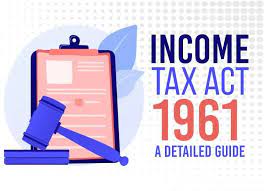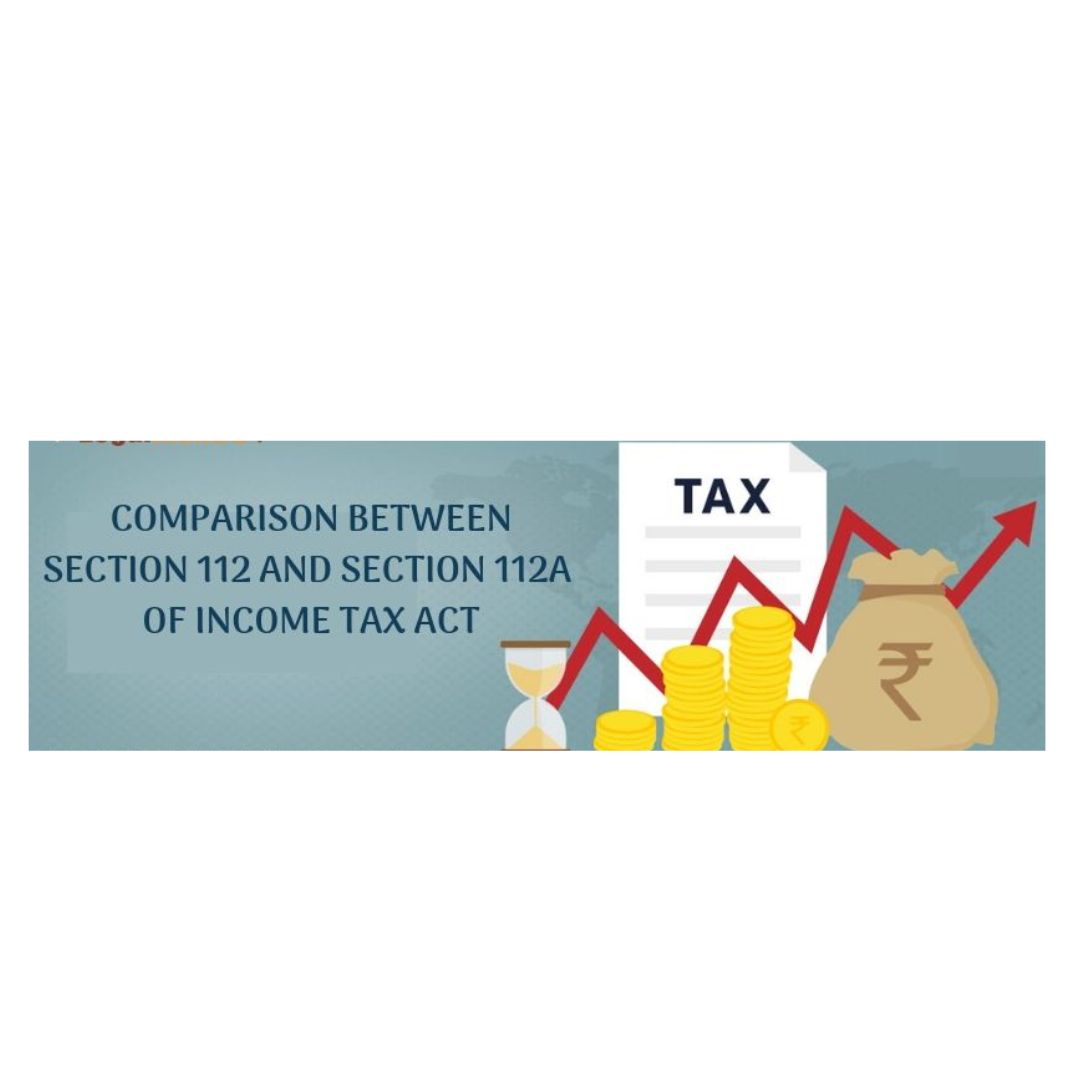Can LLP give corporate guarantee?
Corporate guarantee Corporate guarantee: An LLP (Limited Liability Partnership) can provide this on behalf of another entity, subject to the terms and conditions. It is set forth in the partnership agreement and compliance with applicable laws and regulations. A corporate guarantee is a commitment by one entity (the guarantor) to be responsible… Read More »




